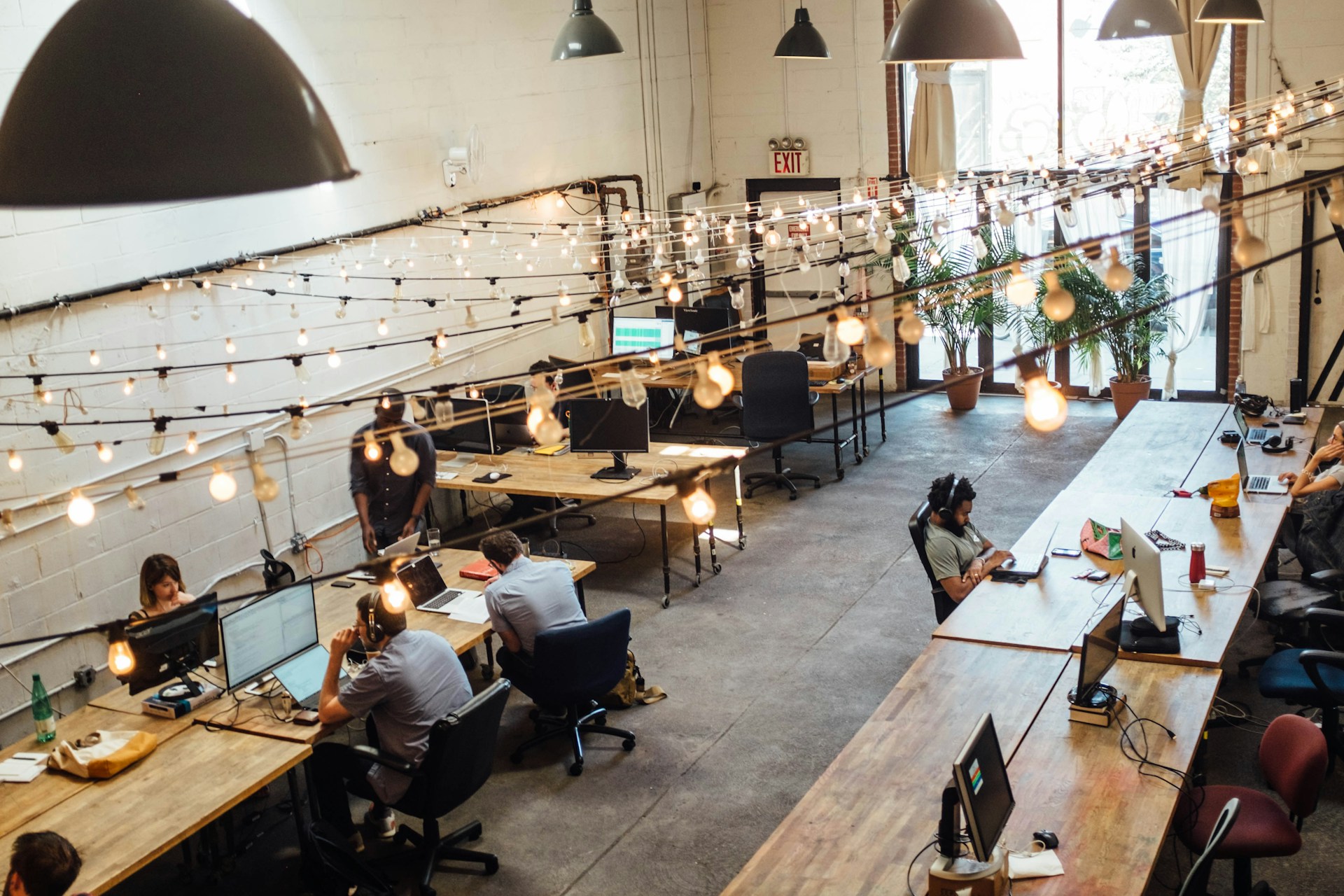Business
Why South Africans Are Choosing Hybrid Work for a Healthier, Happier Future

A New Way of Working
The traditional 9-to-5 office grind is fast becoming a relic in South Africa. Three years after the pandemic forced businesses to rethink how they operate, hybrid work has cemented itself as more than a trend. It’s now a way of life, reshaping careers, companies, and even our cities.
From Sandton high-rises to Cape Town’s co-working hubs, employees are asking the same question: why spend hours in traffic when productivity and happiness are thriving outside the old office model?
Why Hybrid Work is Better for People
More Rest and Better Health
Hybrid work isn’t just about convenience; it’s about quality of life. Research by IWG, the parent company of Regus, found that South African hybrid workers gain the equivalent of 71 extra hours of sleep per year. That’s nearly two extra full weekends of rest.
With commuting time cut, workers are reporting more opportunities to cook at home, exercise, and even drop their kids off at school. Some have even reported losing weight thanks to healthier routines.
Cutting Out the Commute
As Arvind Kumar from NTT Global Sourcing put it, “In South Africa, people can be stuck in traffic for three or four hours a day. Hybrid work changes that completely.” For many South Africans, those hours are being reclaimed for family, fitness, and personal well-being — priorities that took centre stage after the pandemic.
Why Hybrid Work is Better for Profits
Boosting Productivity and Retention
The hybrid model isn’t just a win for people; businesses are reaping the rewards too. Productivity has risen by 3–4% among hybrid teams, according to Stanford research, while quit rates are down by as much as 35%.
Saving Costs for Companies
Cost savings are also driving adoption. A study by Global Workplace Analytics found that companies can save up to R200,000 per year per hybrid employee. That’s a massive incentive in a South African economy where every rand counts.
Global firms like Cisco and AECOM have already reported significant long-term savings by downsizing large offices and focusing on flexible workspaces. Closer to home, South African companies are following suit, adapting their real estate strategies and using local co-working spaces like Regus and SPACES.
Why Hybrid Work is Better for the Planet
Cutting Carbon Emissions
There’s also an environmental story here. Hybrid work is proving to be one of the simplest ways to cut carbon emissions. By reducing daily commuting, individuals can lower their carbon footprint by up to 90%.
In a country like South Africa, where climate concerns are growing and cities like Johannesburg face severe air pollution from traffic, hybrid work is more than a perk — it’s a necessity.
IWG recently became carbon neutral and aims for net zero by 2040, setting an example for how workplaces can align with sustainability goals.
What South Africans Are Saying
Social media chatter shows a clear divide: younger professionals and working parents are embracing hybrid life with enthusiasm, while some traditionalists still cling to the idea of office culture.
But the numbers don’t lie. According to Regus surveys, 72% of employees would rather keep hybrid flexibility than accept a 10% salary increase. For many South Africans, time has become more valuable than money.
The Future of Work is Flexible
As Dell Technologies CEO Michael Dell put it, hybrid work is about “flexibility, choice and connection.” For South Africa, that philosophy feels especially relevant in a country defined by long commutes, family responsibilities, and an entrepreneurial spirit that thrives on freedom.
With more than half of professional employees expected to be hybrid by 2030, the office as we once knew it may never return. Instead, South Africans are shaping a workplace that reflects their realities, their health, and their values.
Hybrid work is not just the future of business — it’s the future of living.
Source:IOL
Follow Joburg ETC on Facebook, Twitter , TikTok and Instagram
For more News in Johannesburg, visit joburgetc.com



























